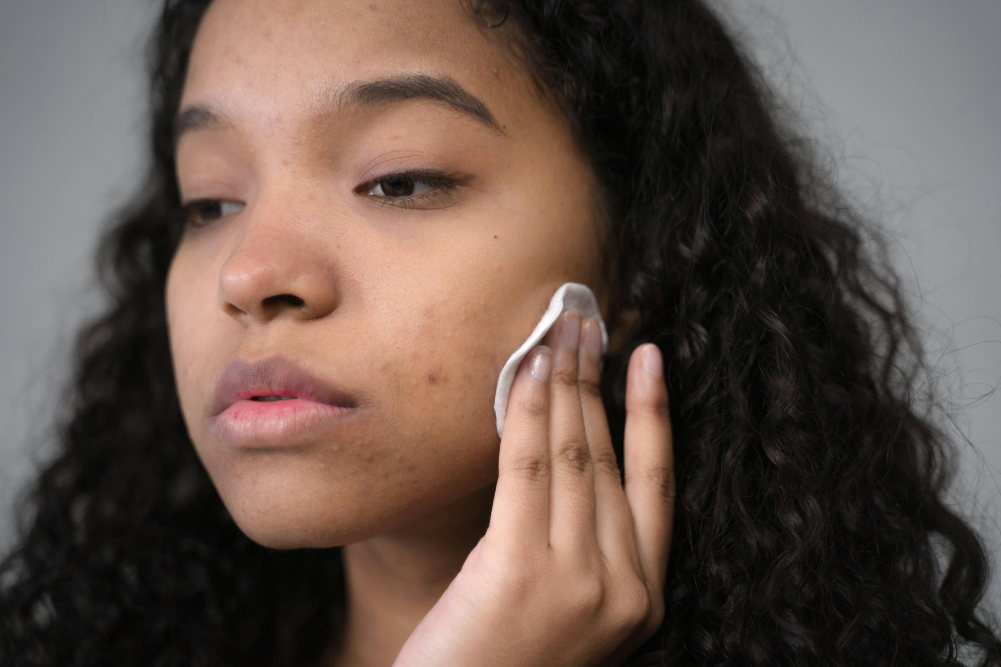Peanuts in pregnancy
Anyone who has been in or around a school or pre-school recently will know what a big deal peanut allergy is in Australia and many countries of the Western world. Recent research shows that in a Western community about one in 200 children (0.5 per cent) have a reaction to peanut by five years of age. Overall about 1-2 per cent of the population have a clinical reaction to peanuts and about three per cent of children have a positive peanut allergy test (such as a skin prick test) but only one in three of these will develop reactions on eating peanuts. With such concern around allergies for so many children the question for pregnant mothers becomes whether eating peanuts during pregnancy increases or reduces the chance of their child having a peanut allergy.
The majority of allergic reactions to peanut are mild and consist of hives around the mouth where peanut has touched the skin, or more generalised hives on other parts of the body. There can also be abdominal pain and vomiting soon after eating a peanut product. More sensitive children can develop coughing, wheezing, difficulty breathing or hoarseness of the voice due to an allergic reaction occurring in the airway. In the most severe cases collapse and loss of consciousness can occur and very rarely, death might result. None of these symptoms are pleasant of course, and no mother wants to increase the risk of their child being allergic to anything.
In a new study more than 8,200 children were included. The incidence of peanut allergy was correlated against detailed dietary questionnaires completed by the mothers. The results showed that women who consumed peanuts five or more times per week had the lowest risk of having children with a peanut allergy. This correlation did not hold true if the mother herself had the peanut allergy.
This is not conclusive research but it does add to other studies suggesting that complete abstinence from peanuts by pregnant mothers is not necessary. Further study is needed before making firm recommendations but it does seem as though women who are not allergic might be able to have some peanuts as part of a wide ranging and balanced diet without prejudicing their child’s health.







